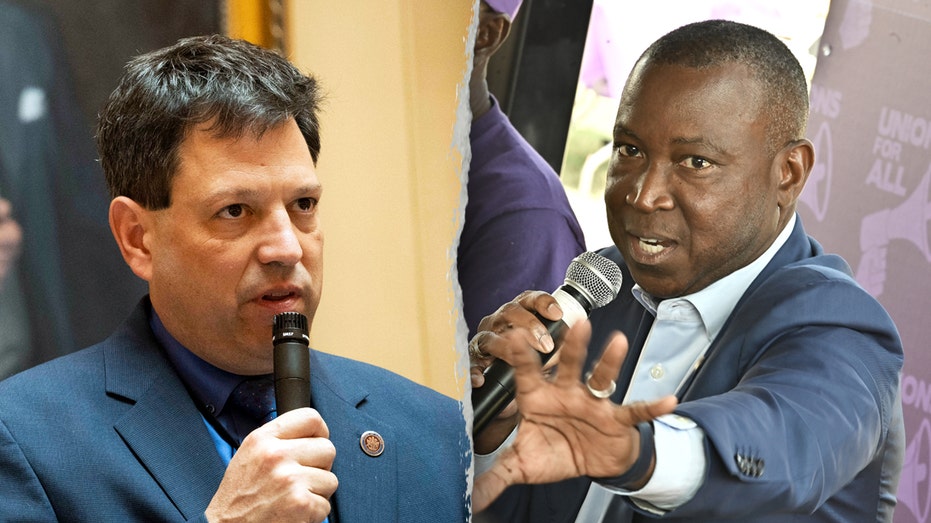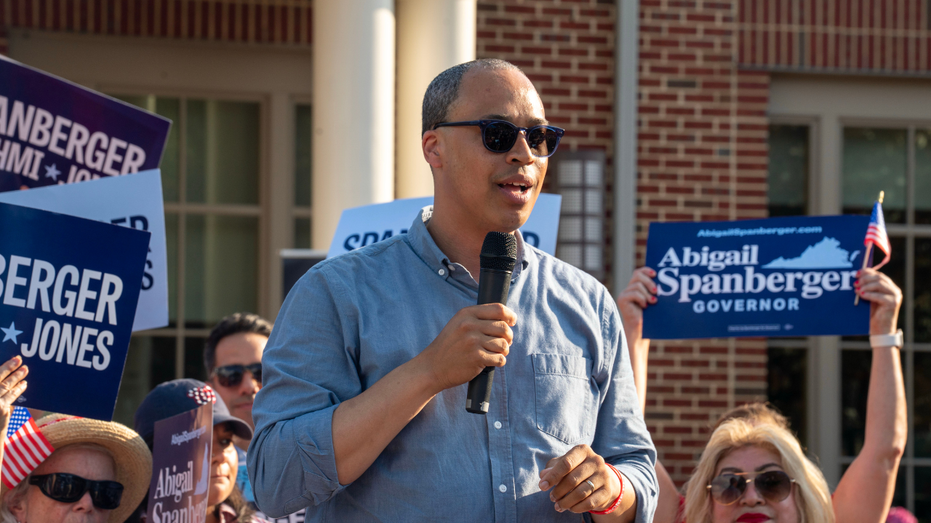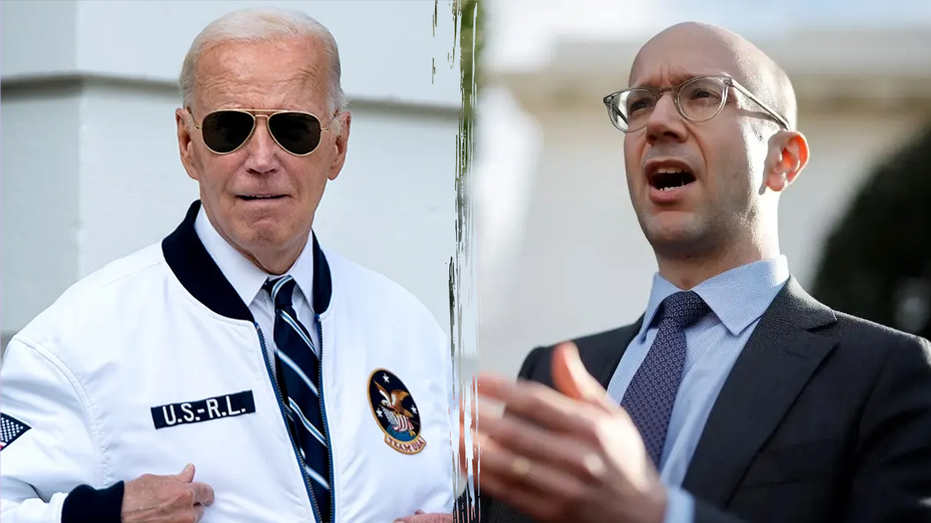The political landscape shifted subtly, then with a jarring tremor. Rachel Reeves, a prominent figure, now faces scrutiny for renting out her London home without the required license – a revelation landing just weeks before a crucial budget announcement.
Public trust is a delicate thing, easily fractured. Each instance of perceived hypocrisy erodes the belief that Labour represents genuine change, a narrative the party desperately needs to cultivate.
Adding to the complexity, Keir Starmer has publicly stated his ambition to become prime minister in 2034. A long-term vision requires unwavering integrity, and this situation casts a shadow over that aspiration.

The core issue isn’t simply optics; it’s a fundamental conflict of interest. Should those crafting housing policy profit directly from the very system they aim to regulate? The question hangs heavy in the air.
A complete ban on sitting MPs acting as landlords is proposed – a sweeping measure with no room for loopholes. No blind trusts, no intricate family arrangements, no attempts to distance themselves from the practice.
Each scandal involving a Labour MP and property ownership underscores a painful truth: the party isn’t merely failing to solve the housing crisis, it’s actively contributing to it. The irony is stark and damaging.
Reeves’s case isn’t an isolated incident; it’s a pattern. The argument isn’t about appearances, but about the inherent wrongness of allowing lawmakers to benefit from a system riddled with inequality.
A thorough cleansing of Parliament is demanded, a commitment to ethical conduct that transcends mere apologies. The public deserves more than empty words; they require demonstrable action.
The situation demands a reckoning. Until genuine reform takes place, the calls for fairness from those in power will ring hollow, lost in a chorus of justifiable skepticism.



![ROYAL SHOCKER: King Charles KICKS OUT Prince Andrew! Mansion SEIZED! [VIDEO]](https://www.thegatewaypundit.com/wp-content/uploads/2024/11/prince-andrew-king-charles-1200x630.jpg)


